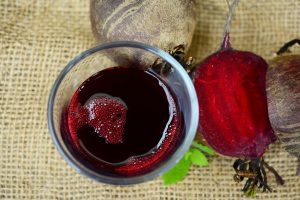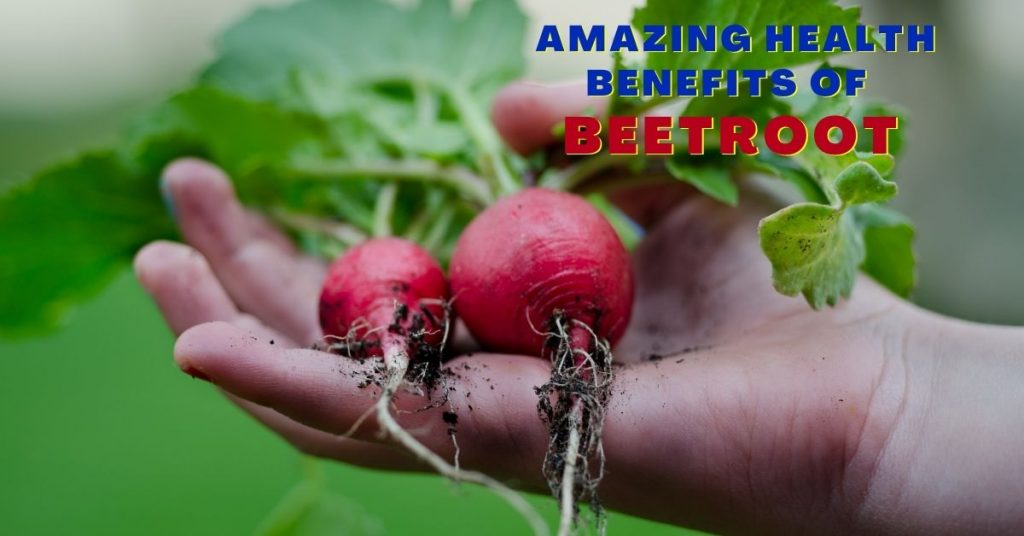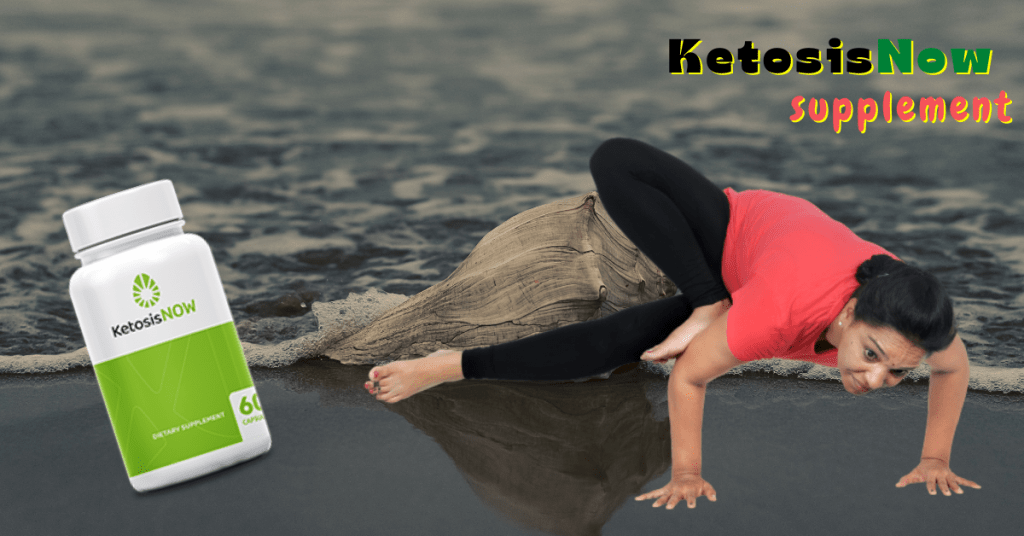Amazing Health Benefits of Beetroots, Study by Nutritionists. There are many types of super foods we heard and read about Turmeric, berries and chia seeds, to name a few.
Well, here are some plant-based foods that come from underground to nourish our body: Beet,popularly known as beetroot, packed with rich nutrients. So what really makes beets so good for you?. To start with, Beetroots are low carb root vegetable, a good source of both soluble and insoluble fiber, says Megan Wong, a registered Dietitian who works with AlgaeCal. “Both of which help with digestive health and soluble fiber can also help lower cholesterol,” he continues (and fiber is also a blessing in terms of weight loss because it keeps you feeling full for longer).
While many people feel sceptical about beets, they are actually much easier to cook with and offer great nutritional benefits. [In addition to containing about four grams per cup of a fiber content and providing less protein,] beets also contain nutrients, such as folate, manganese and potassium, ”adds Sarah Schlichter, MPH, RDN, Bucket List Tummy Creator. “Manganese is part of many enzymatic activities in the body, and potassium is essential for lowering blood pressure. Beets are also rich in vitamin K, iron, magnesium, and several antioxidants. ”
In addition to their basic dietary profile, beets have a number of qualities that can help promote good health, especially as part of a complete diet, plant-based diet. Below, five reasons why we sing sweet beets.
1.Beetroots To Protect Your Heart
“Beets are rich in inorganic nitrate, which is converted into nitric oxide in the body. Nitric oxide is a vasodilator, which means it stretches and relaxes blood vessels – which improves blood flow and lowers blood pressure, ” observes Wong, who reminds all of us of the importance of adding nitrite oxide-rich plant based foods to our diet.
Taking Nothing Away From Wong’s words, Dr Schlichter goes on to say, “Because of their ability to help build blood vessels, beets can also improve heart health and are linked to lower blood pressure. In one randomized controlled trial, volunteers who drank 500mL of beetroot juice saw a significant drop in blood pressure. ”
2. Beetroots can improve your Exercise – Especially if you are an Active Athlete
Another reason to load on this weighty root veggie: Beets can boost your exercise, and the breakdown of science is related to what we just discussed above. Here is the nitty-gritty:
“Nitrates in beetroot,as studies show, can be immensely helpful in enhancing the workout performance. By opening the arteries, blood flow is improved and the muscles receive more oxygen and nutrients. And that means your muscles are better equipped with the necessary equipment to exercise,” explains Wong. “This is probably why experimental research on beetroot and exercise show increased time to develop fatigue and notable improvement in overall performance.”
For endurance athletes, beetroots can be very helpful and beneficial. “Beetroots are a prefered food for endurance athletes as they are naturally rich in nitrate content. Nitrate converts to nitric oxide in the body, and both can help increase the flow of oxygen through the blood vessels and reduce the oxygen needed by our muscles. In other words, we can do better exercise, ”said Schlichter.
3. Beetroot for healthy eyes
“lutein and zeaxanthin” are two key Nutrients provided by Beetroots for healthy eyes: Part of the carotenoid family (and vitamin A), these two nutrients work together to help maintain a healthy view of growth, protect the eyes from blue light, and promote sharp vision, ”says Wong. It is safe to say that during these extended days of separation, we were all overreacting with Parked in Front of a Computer or Starring in TV Syndrome.

“Vegetable nitrates, such as those found in beets, have also been linked to a reduced risk of age-related macular degeneration,” he adds, pointing to the study.
4. Beetroot to reduce inflammation
Science says ‘Eat to fight inflammation’ if you want to reduce the risk of infection.Inflammation is a process that helps your body fight infections, treat injuries, and remove toxins. While it is beneficial to avoid harmful substances, chronic inflammation can be harmful and “chronic inflammation” can have a detrimental effect on blood flow, damaging cell tissue, and organs. Uncontrolled Inflammation is a primary reason behind heart problems, diabetes, high blood pressure, stroke, and is known to be a risk factor for severe COVID-19 symptoms. Studies show that it is linked to chronic health problems such as heart disease, diabetes, and cancer.
“Beets are rich in a phytonutrient called betalain having antioxidant properties. The antioxidant property of betalain helps to reduce inflammation and the oxidative stress (free radicals) in the body, which can help manage or reduce the risk of chronic diseases, such as cancer, liver disease, and atherosclerosis, ”said Schlichter, referring to the scientific review.
Dietary changes and lifestyle factors are key to reducing chronic inflammation. Some healthy steps you can take to reduce inflammation get you to exercise daily, reduce stress, and get quality sleep, on a regular basis. One of the most powerful tools for preventing chronic inflammation is eating a diet comprising whole plant-based foods, experts say.
5. Beetroots for Healthy Brain
“Although more research is needed, beets may be able to support cognitive health by increasing blood flow to the brain,” notes Wong. “In one of the studies conducted on older adults, a high nitrate diet (which included two cups of beet juice in the morning) was linked to an increase in blood flow to the particular area in Brain which is important for working memory.”
As it has been previously reported, studies also show that beetroot juice can stop cancer cells as they grow up. Indeed Beetroot juice is a super drink!
******

Unlock the Premium 8-week Custom Keto Diet Plan and you’ll receive:
- An eight-week meal plan created based on the expertise of certified nutritionists, personal trainers, and chefs.
- Meals that have calorie and macronutrient content tailored to your specific situation and goals.
- A nutrition plan with food variety to ensure you will get a wide range of nutrients and boost the likelihood of sticking to your diet.
- Meals that are based on personal food preferences to make your diet enjoyable and help you stay on track with your plan.







